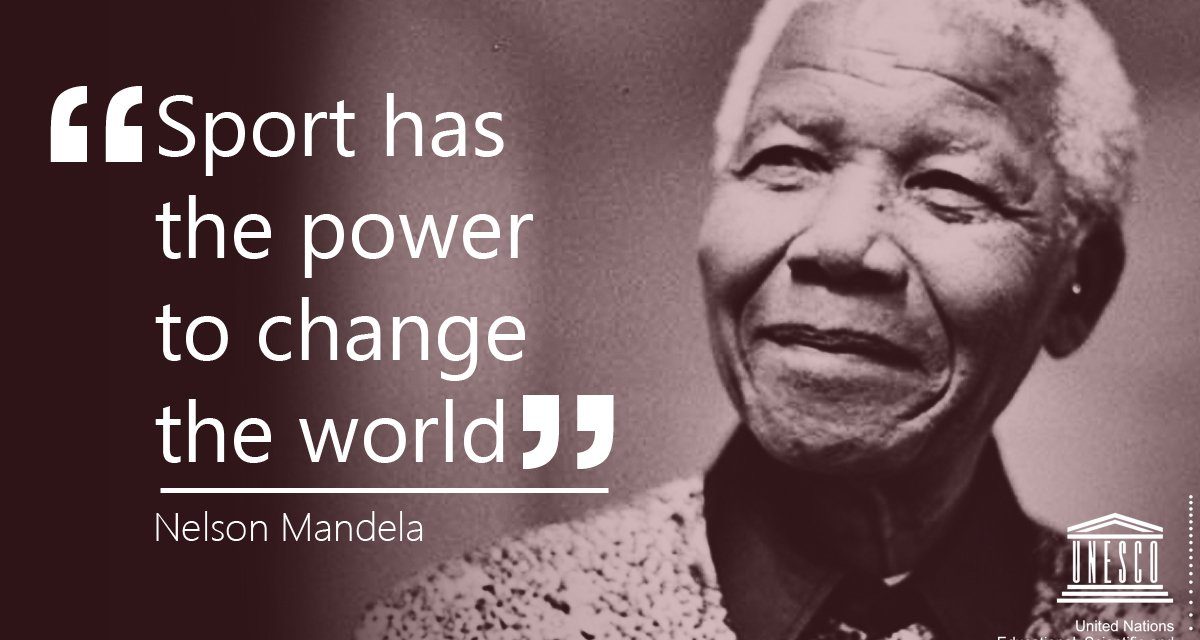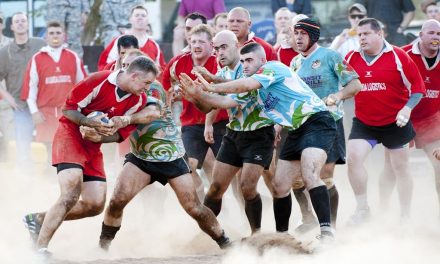Sports are not just about competition and winning. They possess the remarkable power to unite people, mend societal wounds, and inspire change. Let’s take a journey through five extraordinary moments in history when sports brought people together, healed divisions and helped communities move forward.
The Christmas truce football match of 1914
Football has a long and illustrious history, but you may not be aware of this little story.
Amid the gloom of World War 1, a glimmer of humanity shone through on Christmas Day in 1914. British and German soldiers along the Western Front laid down their arms to commemorate the day. The most striking event was an impromptu football match in No Man’s Land between the opposing forces. The game, a shared passion across the trenches, temporarily suspended the brutality of war and reminded everyone of their shared humanity.
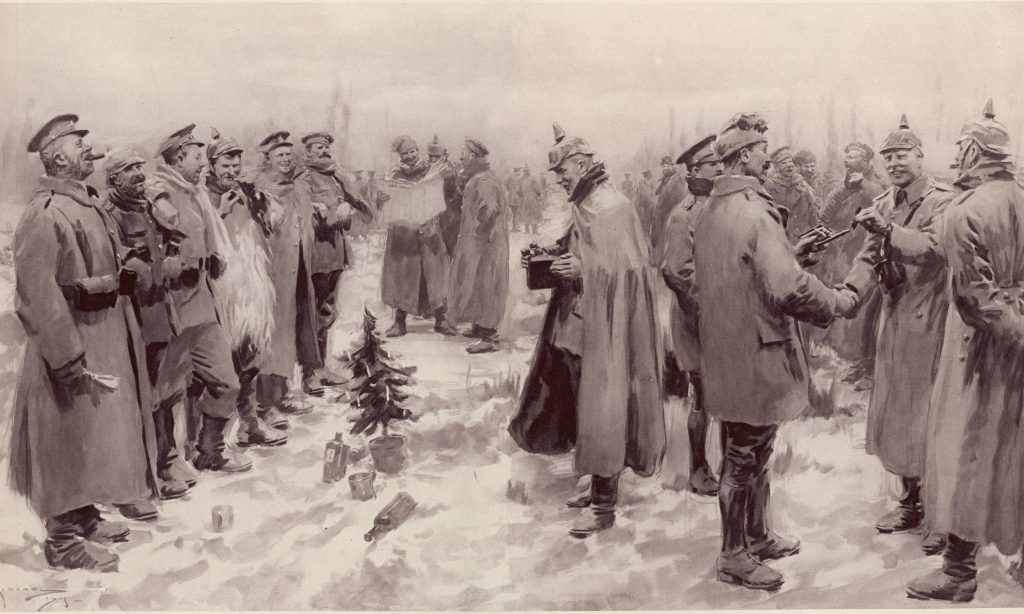
Football healing wounds in post-genocide Rwanda
In the aftermath of the horrific genocide in Rwanda, where ethnic tensions between the Hutus and Tutsis led to the killing of around 800,000 people, football played a significant role in healing and reconciliation.
Organisations such as Football for Peace initiated projects to bring Hutu and Tutsi children together through football. The pitch became a common ground where children could interact, build relationships and challenge ethnic stereotypes. This initiative was instrumental in promoting unity and peace in a society deeply scarred by ethnic conflict.
If you want to learn more about this, I highly recommend checking out episode one of the Amazon Prime documentary, This is Football. It does an excellent job of showing what happened, and how football was used to bring people together and heal old wounds.
Ping-Pong diplomacy in the Cold War era
In 1971, during the height of the Cold War, a seemingly innocuous ping-pong match changed the course of history. When the American table tennis team was invited to play in China, it marked the first time any American group had been invited since the Communist takeover in 1949.
The event, dubbed “Ping-Pong Diplomacy,” significantly thawed the icy relations between the two superpowers. The shared love for a sport acted as a diplomatic conduit, paving the way for President Richard Nixon’s historic visit to China the following year.
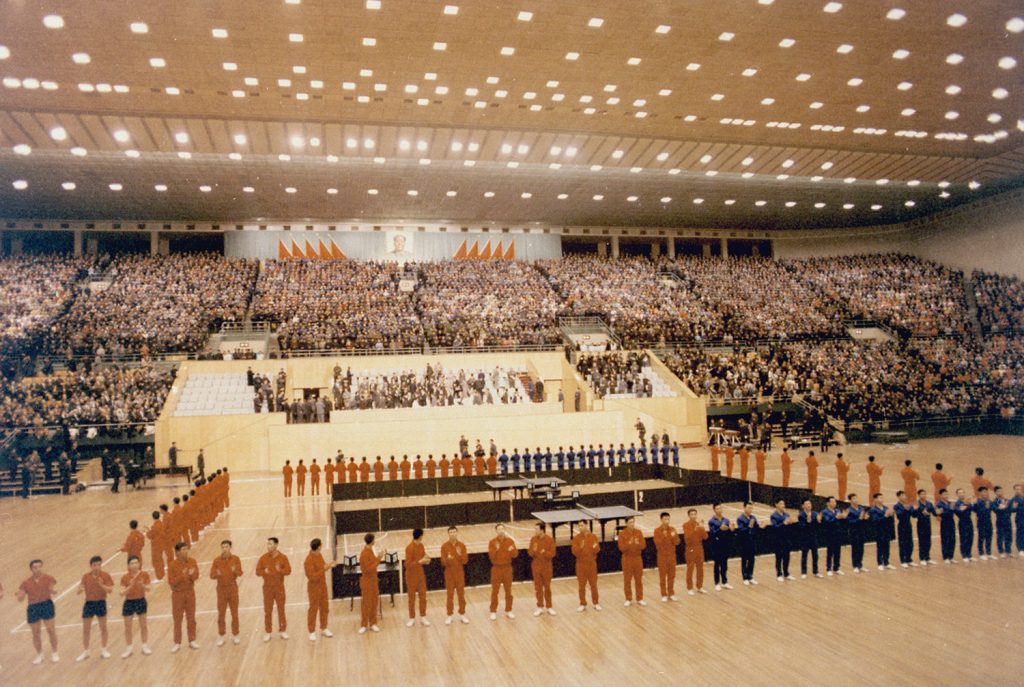
Rugby uniting South Africa in the post-apartheid era
The 1995 Rugby World Cup, hosted by South Africa, played an instrumental role in healing the nation’s racial divides post-Apartheid. Nelson Mandela, South Africa’s first black President, used the sport, traditionally associated with the white minority, as a tool to foster national unity.
When South Africa won the World Cup, Mandela presented the trophy to Francois Pienaar, the team’s white captain, wearing a Springbok jersey – a powerful symbol of unity that echoed across the nation.
The miracle on ice: A boost for American morale
In the midst of the Cold War, the American ice hockey team’s victory over the dominant Soviet Union in the 1980 Winter Olympics, famously known as “The Miracle on Ice,” did more than just win a game.
It boosted the morale of the American people during a period marked by economic difficulties and the Iran hostage crisis. The underdog victory served as a unifying force bringing people together, reaffirming the collective belief in the strength and resilience of the nation.
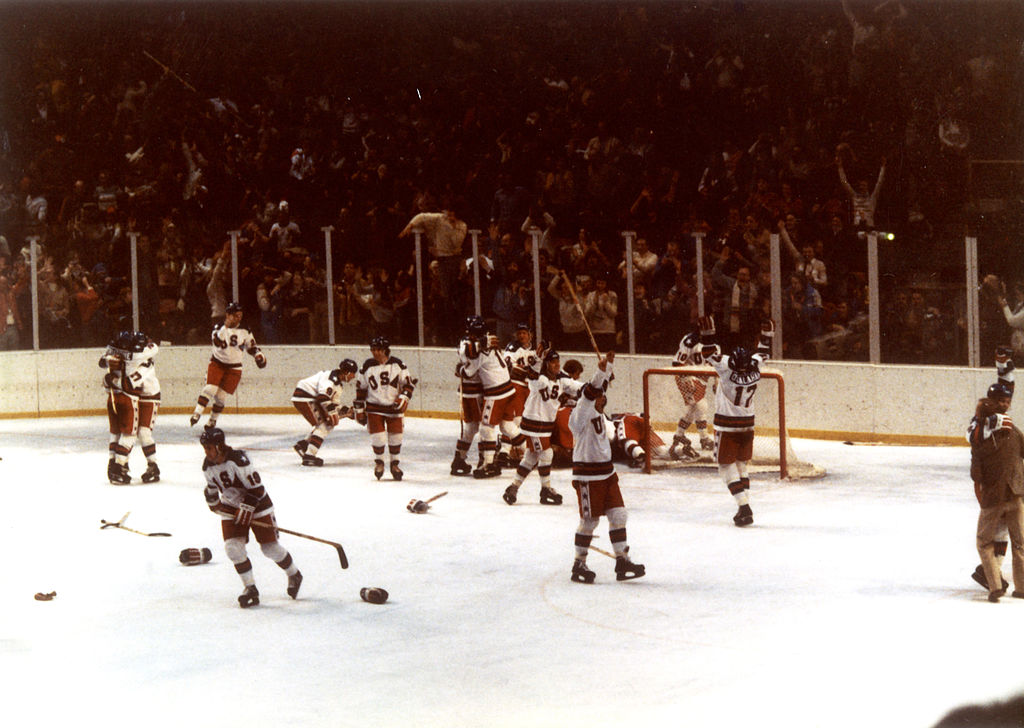
Together: The unifying power of sports
These five historical moments underline the power of sports to bring people together, offering a sense of unity and hope even in the most challenging times. They remind us that even when societal wounds run deep, shared passions can act as a healing balm, fostering reconciliation and unity.
Whether it’s a football kicked around in a war-torn No Man’s Land or a rugby ball uniting a divided nation, sports have the power to bring people together, to heal, and to inspire. In the end, it’s not just about the scoreline or the trophy; it’s about the spirit of unity and resilience that sports kindle in the hearts of people worldwide.
For more posts like this about the wonders of sport, go and check out our General section.

